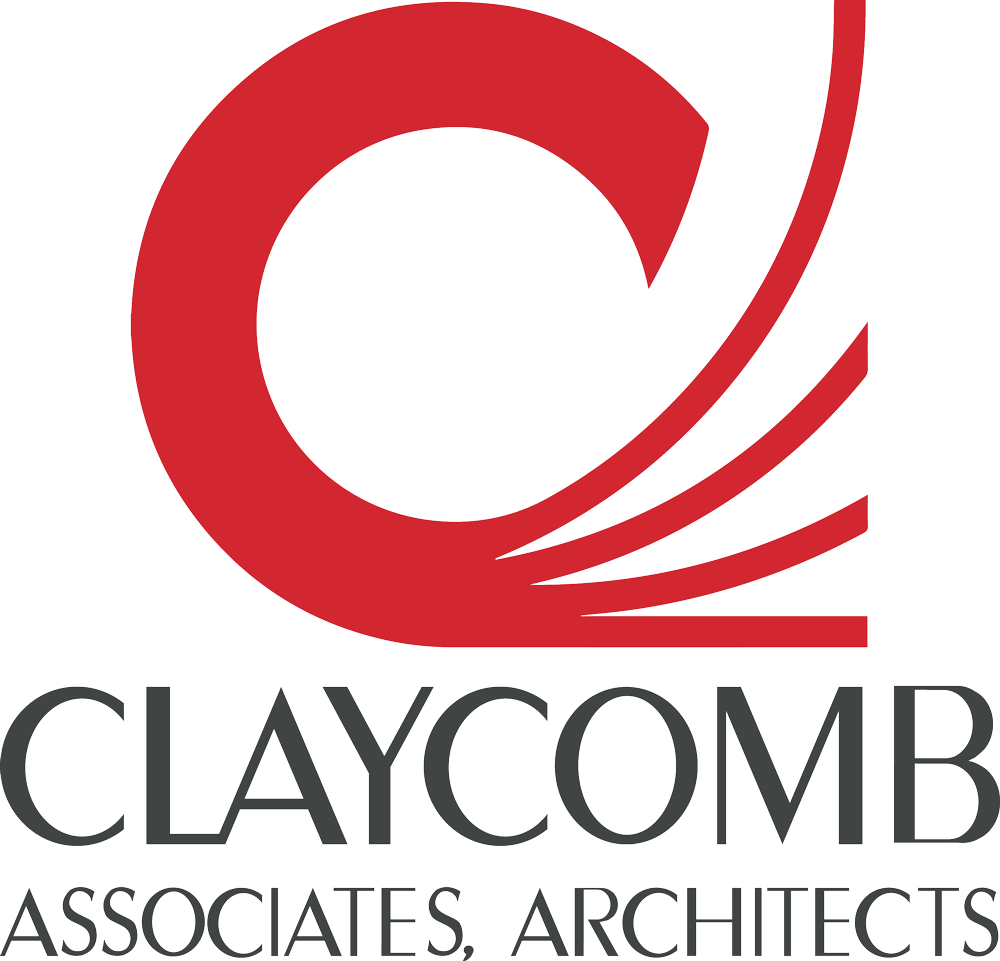The House Public Education Committee held its second hearing on House interim education charges on May 24. Chair Harold Dutton adjourned the hearing before the full agenda was heard as news of the Uvalde tragedy broke. The following summarizes the hearing prior to the early adjournment.
COVID-19 and Mental Health Impact
Interim Charge: Examine the impact of COVID-19 on students’ mental health, including the availability and workload of mental health professionals across the state and their role in the public school system. Make recommendations to reduce or eliminate existing barriers to providing mental health services in a traditional classroom setting or through teletherapy.
The hearing began with panels discussing the interim charge related to the impact of COVID-19 on students’ mental health, including the availability and workload of mental health professionals in public schools. TEA leaders shared slides pertaining to the interim charge, followed by mental health and medical professionals, representatives from Tomball and Lewisville ISDs, and Midland ISD superintendent Dr. Angelica Ramsey. Public testimony was heard next that included some individual parents who said they do not believe mental health issues should be addressed in school communities.
HB 3 (86R) and HB 1525 (87R)
Interim Charge: Monitor HB 3 (86R) and HB 1525 (87R)
Commissioner of Education Mike Morath gave a broad overview of the implementation of HB 1525, relating to public school finance and public education. TEA’s Leo Lopez also answered questions regarding school finance. The hearing adjourned before invited or public testimony could be heard on HB 1525.
HB 4545
Interim Charge: Study the effects of COVID-19 on K-12 learning loss and best practices that exist to address learning loss. Monitor the implementation of state and local plans to address students’ achievement gaps. Make recommendations for supporting the state and local efforts to increase academic development.
Interim Charge: Monitor HB 4545
Morath shared slides related to the learning loss interim charge with the committee. He then shared slides on HB 4545 implementation that included the following considerations for the Legislature:
- Feedback from the field indicates that Accelerated Learning Committees would likely be more effective if they occurred only after the initial HB 4545 Accelerated Instruction intervention fails.
- Determine whether the same requirements should apply to science and social studies as apply reading and math.
- Determine whether it would be appropriate to support a range of supplemental instruction intensity, varied by student need.
- Clarify the conditions under which parents can opt out of supplemental instruction requirements.
- Clarify the conditions under which supplemental instruction will be required upon the expiration of federal funds.
- Given interest from districts, sustain and consider expanding Strong Foundations grant funding.
Rep. Dan Huberty brought up a bill that that he filed during one of the recent special sessions that if passed would have applied a variety of fixes for HB 4545, including the 3-to-1 student-to-teacher ratio requirement that is difficult, if not impossible, to meet. Rep. Ken King asked about the sustainability of HB 4545 requirements after COVID-19 relief funds were depleted, and Morath confirmed that sustainable funding would be needed.
Rep. Gary VanDeaver thanked Morath for acknowledging that the extensive time requirements of the legislation and the confusion over parent opt-out authority need to be addressed. VanDeaver also questioned the capacity of schools to continue to add to the school day. Reps. Keith Bell and Ken King questioned whether the legislation needed to have an expiration date so that it doesn’t turn into an unfunded mandate. The hearing adjourned before invited or public testimony could be heard on HB 4545.
SB 1365
Interim Charge: Monitor SB 1365
Morath shared slides on SB 1365 that included notable points, rule-making status, TEA’s updated investigation and appeals process, and other applicable information. The hearing adjourned before invited or public testimony could be heard on SB 1365.





